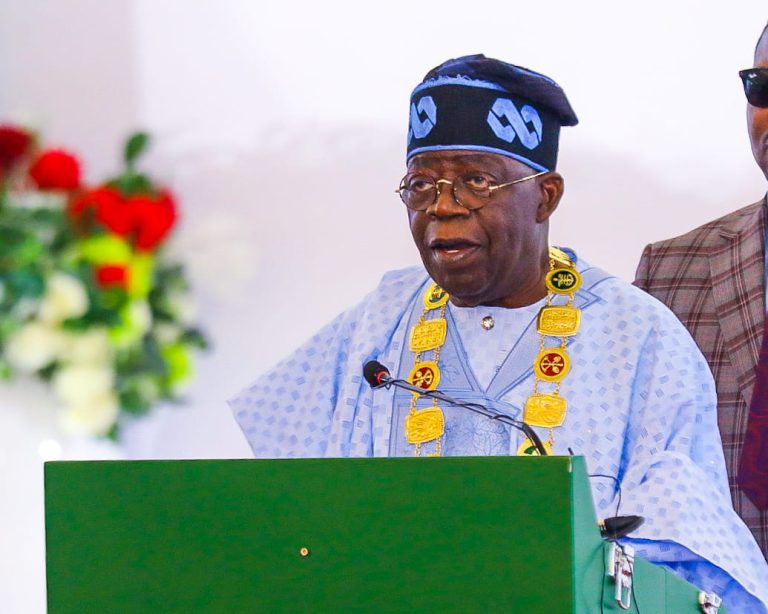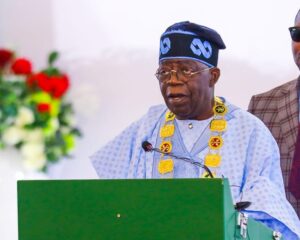
Certificate Verification in Nigeria: Meaning, Process & How to Authenticate Certificates
- Education
- 26.09.2025
- No Comment
- 28
Certificate Verification in Nigeria: Meaning, Process & How to Authenticate Certificates
What Do You Mean by Certificate Verification?
Certificate verification is the process of confirming the authenticity and validity of a certificate issued by an institution, government agency, or professional body. In Nigeria, this process is crucial for employment, admission into higher institutions, professional licensing, and visa applications.
Examples include verifying WAEC results for job applications, NYSC discharge certificates for public service recruitment, JAMB admission letters for tertiary institutions, and professional certificates from bodies such as Nursing & Midwifery Council of Nigeria (NMCN) or COREN for engineers.

How to Make a Certificate Valid in Nigeria
A certificate becomes valid in Nigeria when it is issued by a recognised and accredited institution or body and contains accurate details, official seals, and security features. To ensure your certificate is valid:
- Obtain it from an approved school, polytechnic, university, or professional body registered with the Federal Ministry of Education.
- Ensure it has official signatures, stamps, and a verifiable reference or registration number.
- For foreign certificates, have them evaluated and attested by the Federal Ministry of Education or Nigerian Embassy.
- Some certificates (e.g., NYSC Exemption Letters) also carry QR codes for quick verification.
How Do I Check the Details of a Certificate?
Checking the details of a certificate involves examining the information on the document and verifying it with the issuing institution. Steps include:
Review the Document: Confirm the name, date of birth, course or qualification, grade, and date of issuance.
Look for Security Features: Holograms, embossed seals, barcodes, and watermarks are common features.
Contact the Issuing Body: Reach out to the school, university, or organisation directly via their official email or verification portal.
Use Online Verification Tools: Many institutions now offer online portals where you can enter a certificate or registration number to check validity.
Cross-referencing the document details with official records helps you confirm if the certificate is authentic.
- WAEC: Use the official WAEC Result Verification Portal (waeconline.org.ng) with your WAEC PIN to verify results.
- NYSC: Check authenticity of NYSC certificates on the NYSC portal (verify.nysc.org.ng).
- JAMB: Confirm admission status and print original JAMB admission letters via efacility.jamb.gov.ng.
- Professional Bodies: Contact or search the official websites of NMCN, ICAN, COREN, or MDCN for membership and licence verification.
Always cross-check the name, date of birth, institution, and issuing date with official records to avoid fraud.

How Do You Authenticate a Certificate?
Authentication is the official confirmation that a certificate is genuine. This process may involve:
Institutional Authentication: The issuing organisation verifies the certificate through direct communication or an online system.
Government Attestation: Ministries or agencies stamp or seal the certificate to validate it for legal use.
Third-Party Verification Services: Professional verification companies or government-approved platforms conduct checks on behalf of employers and agencies.
In international contexts, authentication may also involve “apostille” or “legalisation” by embassies to meet foreign requirements.
In Nigeria, certificate authentication can be done in several ways:
- Through the Issuing Body: Visit the registrar’s office or online portal of the institution or professional body.
- Government Attestation: The Federal Ministry of Education authenticates local and foreign certificates for use abroad.
- NYSC or WAEC Verification: Use their dedicated online verification systems.
- Third-Party Verification Agencies: Employers often hire firms to conduct background checks on certificates presented by job applicants.
Where Is Certificate Verification Done?
Depending on the certificate type, verification can be done:
- Directly at the school or university issuing the certificate.
- Through official government portals like WAEC, NYSC, and JAMB.
- At the Federal Ministry of Education (FME) for authentication of both local and foreign certificates.
- At embassies or consulates if the certificate will be used abroad.
These channels ensure you are verifying through recognised and trusted platforms.
How to Check if the Certificate Is Original or Not
Nigerians can confirm if a certificate is original using the following methods:
- Compare the certificate with another genuine copy issued by the same body.
- Use online verification portals (WAEC, NYSC, JAMB, NMCN, etc.).
- Check for QR codes, holograms, and serial numbers.
- Contact the issuing institution’s registry or alumni office.
Professional agencies like background check firms can also conduct in-depth authenticity checks for employers or visa applicants.
What Is the Purpose of a Verification Certificate?
A verification certificate is an official confirmation issued after a certificate has been authenticated. In Nigeria, it is commonly required for:
- Employment with government or multinational organisations.
- Processing foreign admissions or visa applications.
- Professional licensing and renewal.
- Preventing fraud and protecting organisational integrity.
For example, WAEC Verification Reports are often sent directly to employers or schools as proof of authenticity.
What Is the Procedure for Verification?
The general process for certificate verification in Nigeria includes:
- Application: Submit a formal request to the issuing institution, government agency, or professional body. Many now offer online forms.
- Provide Required Documents: Upload or present copies of your
certificate, ID, and any applicable reference numbers. - Pay Fees: Some bodies, like WAEC or NYSC, charge a small fee for online verification.
- Verification: The authority cross-checks its records to confirm authenticity.
- Issuance of Report: A verification certificate, letter, or report is issued directly to you or the requesting organisation.
Popular Nigerian portals like WAEC Verification Portal and NYSC Certificate Checker make this process faster and more secure.
Why Certificate Verification Matters in Nigeria
Certificate verification in Nigeria is essential for maintaining credibility in education, employment, and professional services. Whether it’s verifying a WAEC result, NYSC discharge certificate, or a foreign degree, authenticating documents prevents fraud and ensures transparency.
By following the procedures outlined above and using trusted portals or agencies, individuals and organisations can confidently confirm the legitimacy of certificates and protect their interests.




